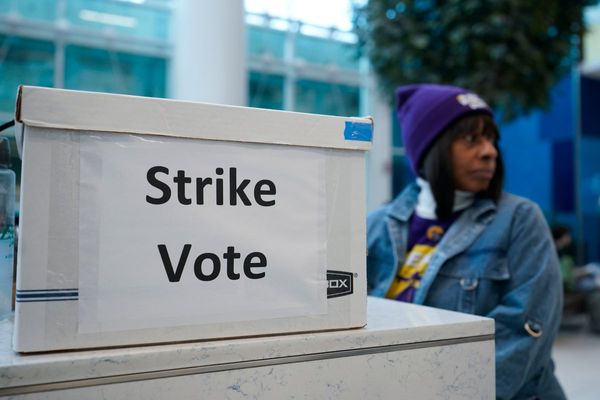
Australia’s lowest-paid workers will get a 5.2% pay rise in the biggest Fair Work Commission minimum wage rise for years, but they, like millions of other workers, will still fall behind the soaring cost of living.
The commission announced a 5.2% increase in the minimum wage this morning, taking it to $21.38 an hour. The minimum wage in modern awards will rise by 4.6%. About 2.7 million Australians on award and minimum wages will be directly affected by the changes, which will take effect from the first pay period on or after July 1. They’ll be delayed for the hospitality and tourism sectors until October.
The decision is a win for unions, which had argued for a 5.5% increase in a bid to protect low-income workers from surging inflation, while business groups argued for between 2.5% and 3%. It will also help boost wages growth later in the year as the rise washes through into official measures like the Wage Price Index.
But the increase isn’t retrospective: while inflation was 5.1% in the March quarter, it is expected to continue to rise. Last night, in an unprecedented appearance on ABC’s 7.30, Reserve Bank governor Philip Lowe predicted inflation would reach 7% by the end of the year, meaning real wages will fall across the board.
Millions of workers on EBA (enterprise bargaining agreements) and other arrangement where wages are rising more slowly — 2% to 4% — will fall further behind, as they have been doing off and on for the past five years or more.
The Fair Work Commission effectively agreed with the argument put by Labor during the election campaign, when Anthony Albanese backed a 5.1% rise for the lowest paid, saying “the low paid are particularly vulnerable in the context of rising inflation”.
The Coalition’s response during the campaign was to attack Albanese and argue that real wages needed to fall. But for the lowest paid Australian workers, that fall will be smaller than for most of us after today’s decision.







